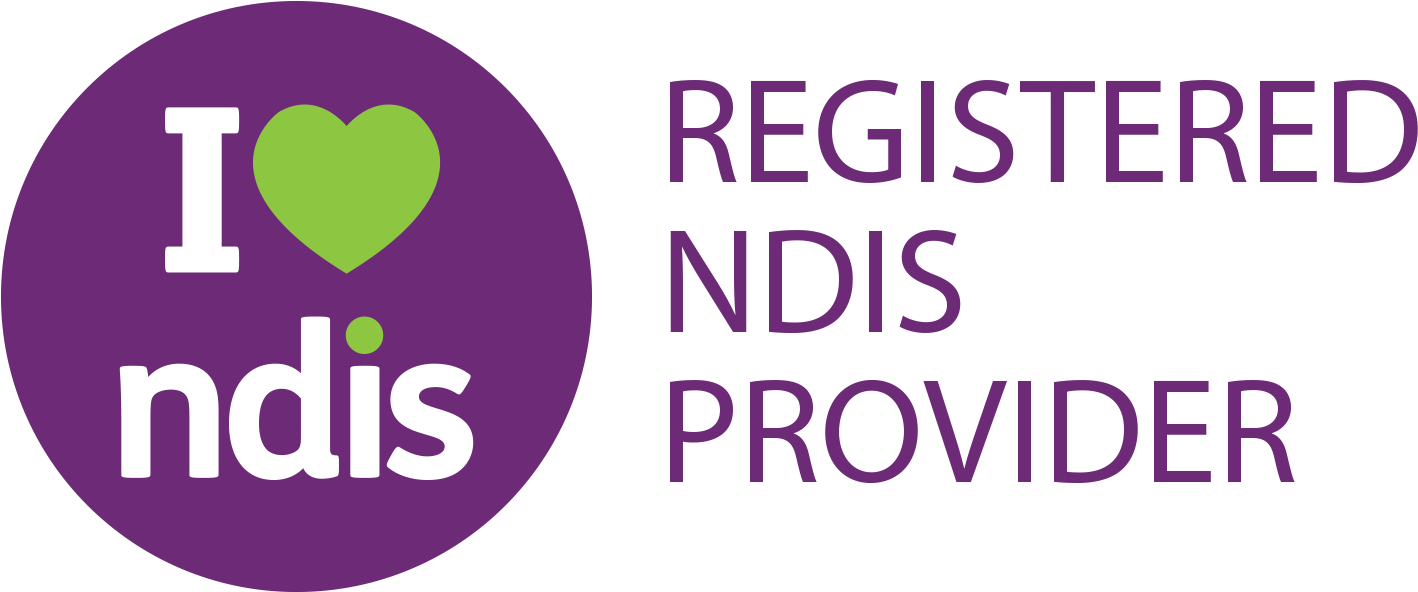ARTICULATION
SHORT COURSE INFORMATION
LEARN ABOUT ARTICULATION SKILLS
All Areas Speech Pathology have on offer a practical 12-Topic Short Course on Speech Articulation Skills.
The non-formal short course is aimed at people who are not speech pathologists however, their role involves assisting with speech clarity.
The course provides participants with information about typical speech development, speech delays and speech disorders including practical steps for pronouncing sounds clears, helping with unclear speech and delivering articulation programs.
Opportunities are provided for practicing strategies to assist with common speech errors in early childhood and primary school age (also suitable for working with teenagers and adults with speech difficulties/disabilities).
Participants learn the steps in implementing speech pathology programs, under the direction and guidance of a qualified speech pathologist. Participants have access to the course coordinator (a speech pathologist with 31 years experience) through email support, including receiving individualised feedback for each of the 12 Topic Quiz Activities.
New in 2025:
Try Topic One at the discounted cost of $19.80 (usually $49.50 incl. GST)
What Does Topic One Cover?
Topic One: Exploring Articulation Skills
How We Produce Speech Sounds with the Mouth and Larynx
Topic One takes a closer look at how we produce speech sounds (how we articulate). Articulation skills refer to the motor skills a person uses to pronounce the sounds of English. Also known as speech clarity, including how we produce individual vowel and consonant sounds with the mouth. Articulation refers to the way speech sounds are combined to form whole words.
Articulation difficulties impact on how easily a child or adult can be understood when speaking in sentences. Poor articulation may result in communication difficulties, social withdrawal or negative behaviour outbursts.
COURSE CONTENT: Participants learn about the following in Topic One
- How speech sounds are made using the articulators and larynx
- The 44 phonemes in English, including 24 consonants and 20 vowels
- Phonetic transcription symbols for voiceless th /θ/, voiced th /ð/ and voiced zh /ʒ/
- The difference between consonant and vowel phonemes
- The characteristics of consonant phonemes - Place, Manner and Voice
- The oral structures : tongue, teeth, lips, alveolar ridge, soft palate, larynx & vocal folds
- The categories for manner: plosives, nasals, glide, fricatives, affricates and liquids
- How to determine whether sounds are voiced or voiceless
- Diagrammatic view of where sounds are made in the mouth (front, middle, back)
Other Topics Covered in the Short Course:
Topic Two:
Identifying Speech Sound Errors
Listen to Spoken Words and Identify Sound Error Patterns
Topic Three:
Writing Down What We Hear
Document Pronunciation of Error Sounds in Words
Topic Four:
Learning About Articulation Programs
Move Up and Down Through Steps and Prepare Contingencies
Topics Five to Eight:
Delivering Articulation Programs to Work Effectively with:
- Preschool Children (3 to 5 Years)
- Early Primary Students (Kindy – Yr 2)
- Older School Students (Years 3 – 12)
- People with a Communication Disability (Adapt Strategies to Meet Needs of Students in Support Classes)
- See Jane working with Jordan (Topic 8 ) - click here
Topic Nine:
Using Finger Spelling to Help Speech Pronunciation:
Assist Clients with Activities for Developing Articulation Skills using finger spelling
Topic Ten:
Tips for Generalisation Once a New Sound is Correct:
Help New Speech Sounds to Be Used in Everyday Speech
Topic Eleven:
Programs for Sound Error Patterns (Phonological Processes):
Learn How to Use a Minimal Pairs Approach to Sound Errors
Topic Twelve:
Behaviour Strategies for Reluctant Learners:
Making Artic Skills Practice Enjoyable and Effective
AASP Short Courses are designed to be beneficial for people who currently deliver speech programs or assist children with speech clarity in an informal way, in their current job (or future role), such as:
- Speech Pathology Assistants / SPAs / STAs
- Paraprofessional Educators, including:
- EAs / Education Assistants (WA)
- SSOs (SA)
- SLSOs (NSW)
- Integration Aides (VIC)
- Teacher Aide (QLD)
- Teacher Assistants (TAS)
- Teaching Assistants (NT)
- LSA/Learning Support Assistant (ACT)
- Teachers, including:
- Early Childhood Educators
- Primary School
- High School / Wellbeing
- Special Education / Learning Support
- ATSI Education, including:
- Education Officers and Assistant Teachers
- Homeland Teaching Assistants
- Disability Support Workers
- Family and Early Intervention Workers
The course content and pace of learning makes participation suitable for a range of people, including:
- parents / guardians and carers who would like to improve their own skills in delivering a speech pathology program in the home environment, in between speech pathology sessions or when on an extended break from therapy
- people who assist clients / students with their speech and language development, as part of their paid or voluntary work
- speech pathology students or early career speech pathologists who are looking to gain further insight and resources for working with clients and their families
- allied health and other tertiary students who are in the helping / education / healthcare sectors
Ready to Learn New Skills in 2025?
View snippets from Topics 1 and 2 - click here
See Jane working with Jordan (Topic 8 ) - click here



